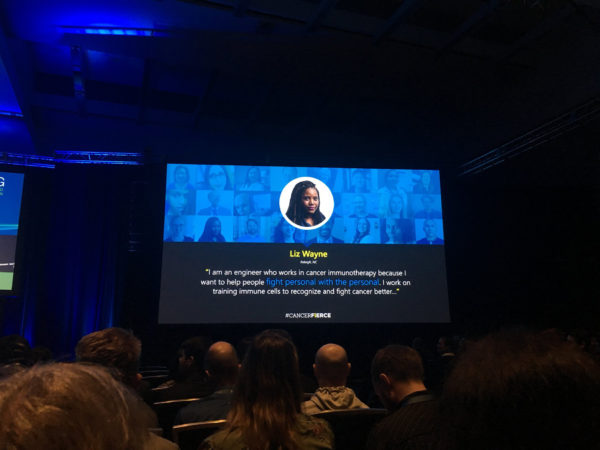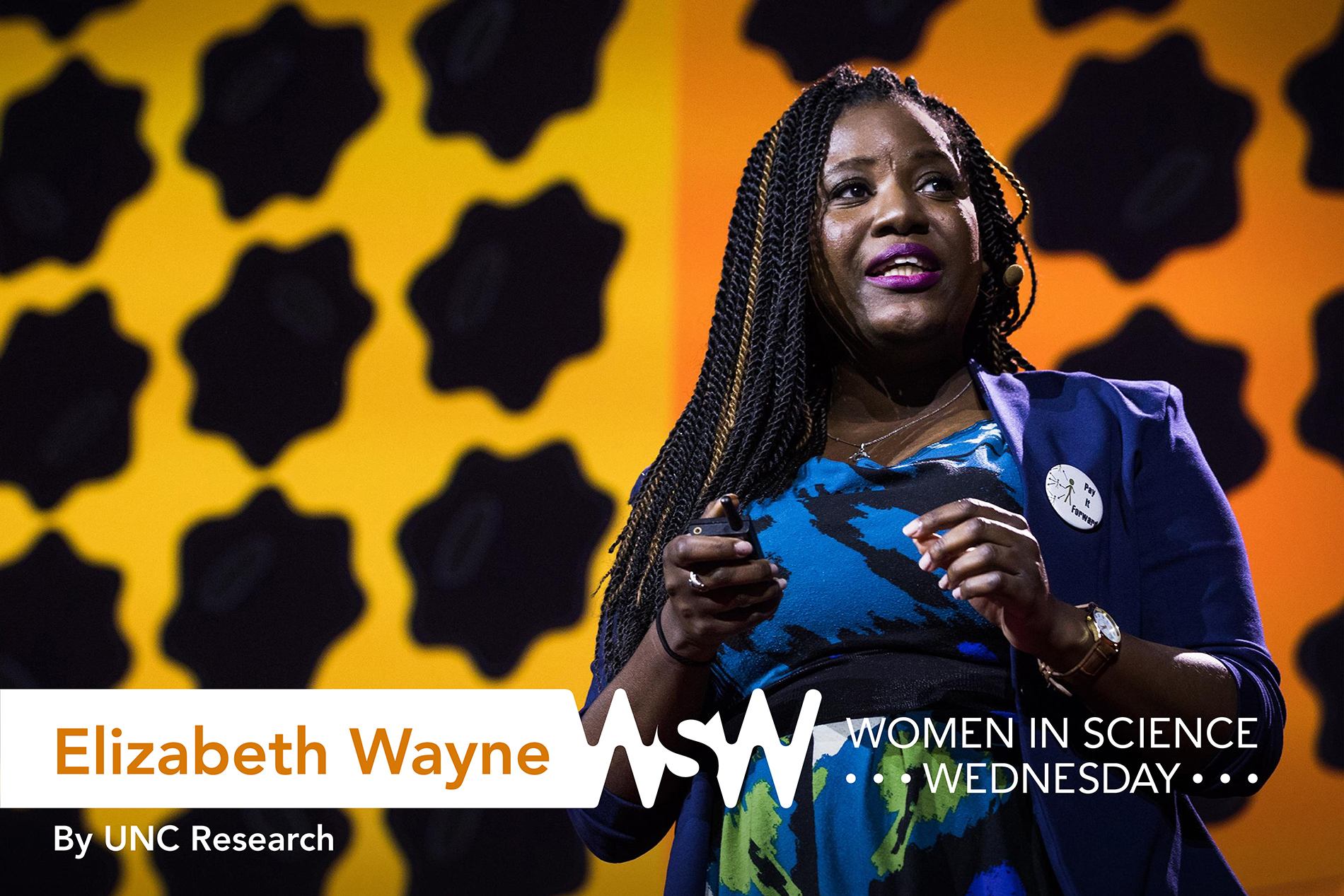When you were a child, what was your response to this question: “What do you want to be when you grow up?”
Describe your research in five words.
“Fighting cancer with hacked cells.”
A physicist. When I was 11, I would walk to the public library after school and read books about modern physics. When I read all those books, I went to the internet. I learned about special relativity and time dilation. The discovery of nuclear fission, how that led to the creation of the atomic bombs, and its involvement in World War II. I got to see the relationship between scientists, science, politics, and society in a very clear example. These people had changed the world. It was not lost on me that people who came from my background would not have been able to study physics in the early 1900s due to racism and sexism. So, when I thought about what I wanted to do when I grew up and how I wanted to leave an impact in the world, I immediately knew it was to do physics.
Share the pivotal moment in your life that helped you choose your field of study.
I knew I wanted to be the first physicist to sustainably reproduce energy on Earth using the same process that the sun uses to produce energy. I didn’t get the internship in a high-energy physics lab the way I had dreamed, but I did get an internship in biophysics. I spent a summer studying the role of membrane protein composition on the rate of cell membrane fusion, a process that occurs every time a virus infects a cell. It was then that I realized I could use physics to study processes the occurred inside the body.

Earlier this month, Wayne was highlighted in a speech from Joe Biden at the American Association for the Advancement of Science’s annual meeting.
Tell us about a time you encountered a tricky problem. How did you handle it and what did you learn from it?
The trickiest problems are rarely about the actual science and are more focused on the discovery process. Knowing when to take a step back, refine your hypothesis, or change your experimental design are actually the toughest things I deal with. I think every scientist I know has had a time where they worked on a project for six months — or longer — only to realize there was a simple flaw or important plot twist that changed everything. Then you have a “eureka” moment where you think you’re a genius, followed by a “stupid” moment where you feel like an idiot for not seeing it sooner. When I’m really struggling with a problem and I start to go in circles, I remind myself to take a step back to get perspective.
What are your passions outside of science?
I stress bake. I co-host a podcast with my friends and fellow academic, Xine Yao. I go to the gym. I make time for my family and friends, usually forcing them to eat the things that I stress bake. I am a whole person. Science informs many things in my life. It doesn’t just pay my bills — it helps me talk to family members who have cancer, and urge politicians and businesspeople to consider the earth. My passion for life and the lives of the people around me is the DNA of my passion for science.


